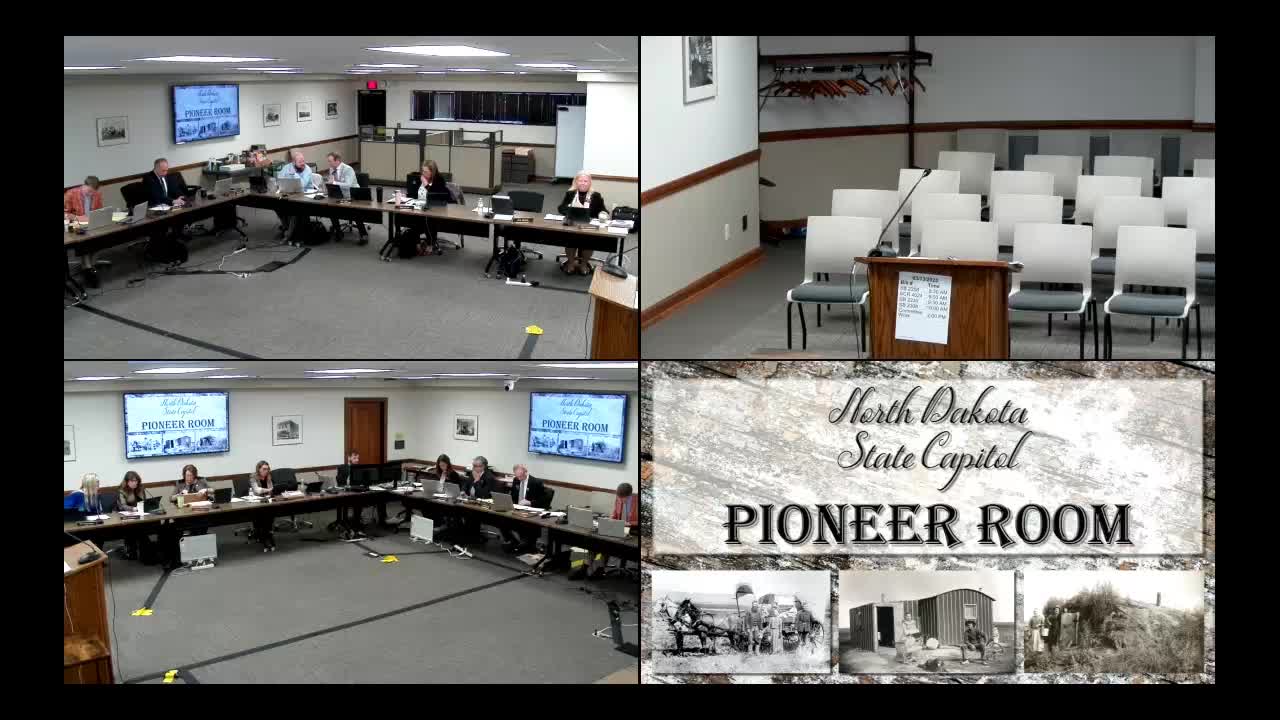Article not found
This article is no longer available. But don't worry—we've gathered other articles that discuss the same topic.
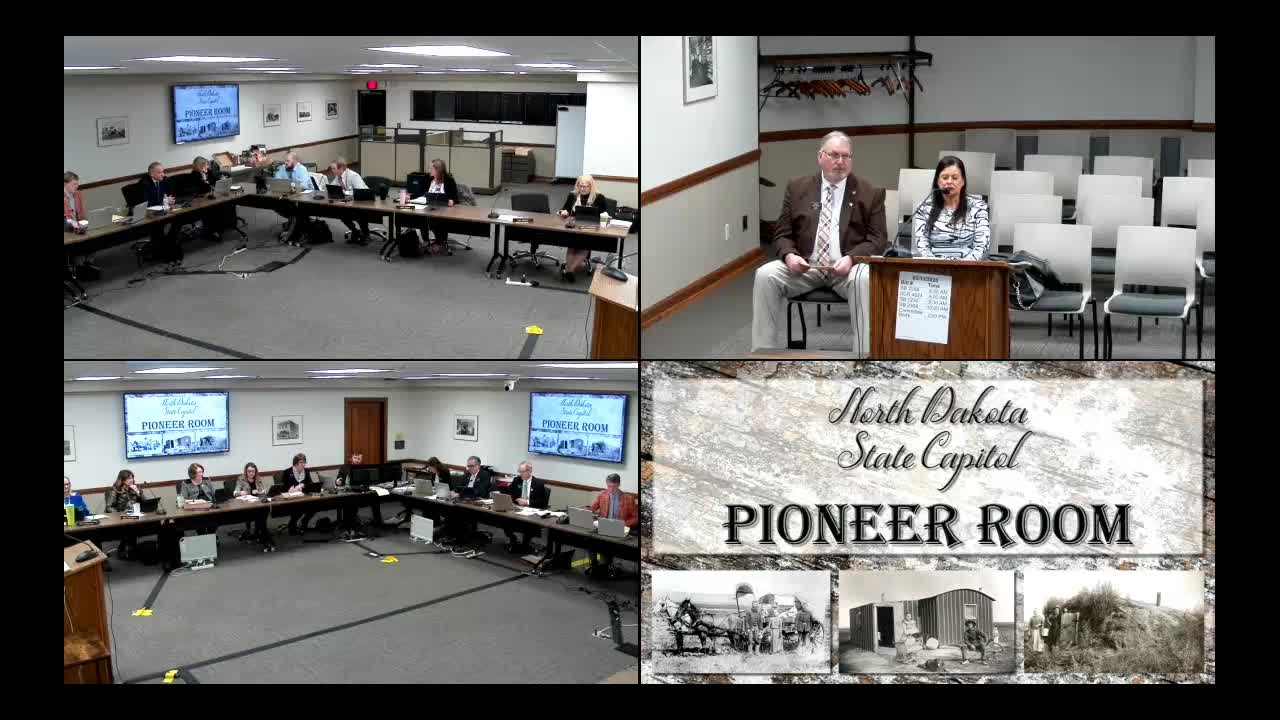
Committee advances bill requiring agencies to cite rule source within 10 days of enforcement
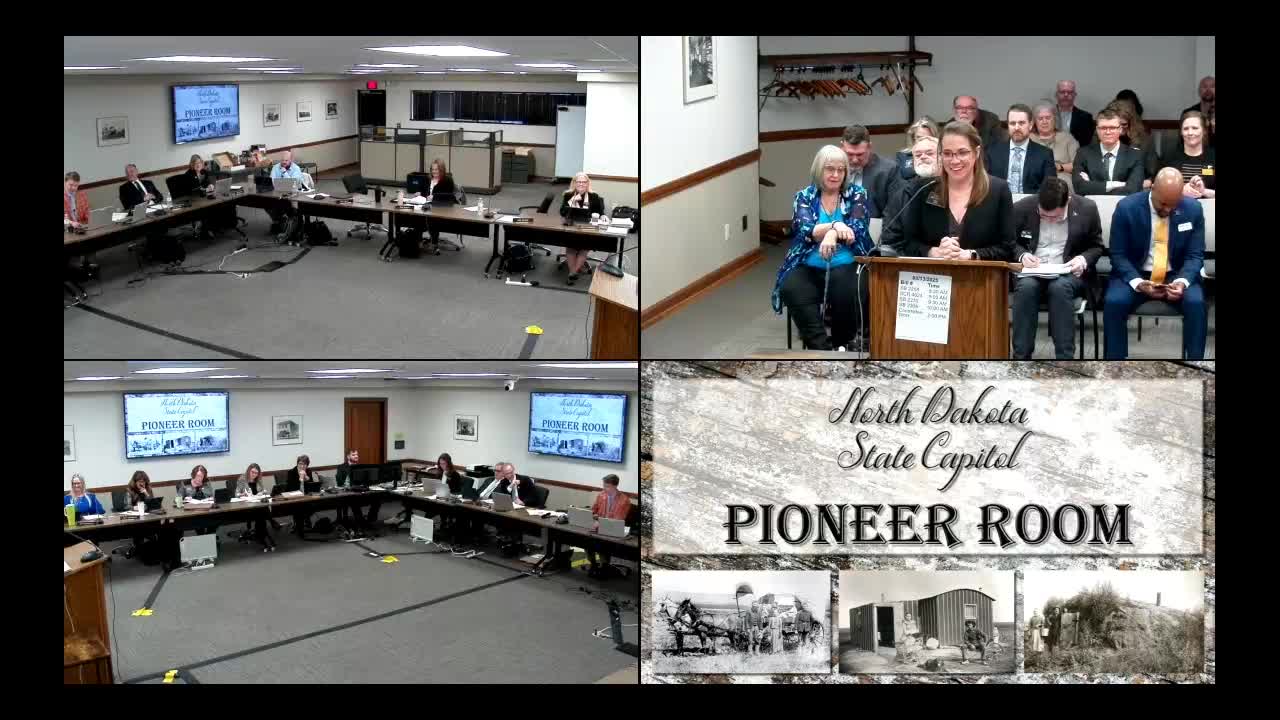
Governor-backed bill would create task force to review and reduce state boards and commissions; water industry raises concerns
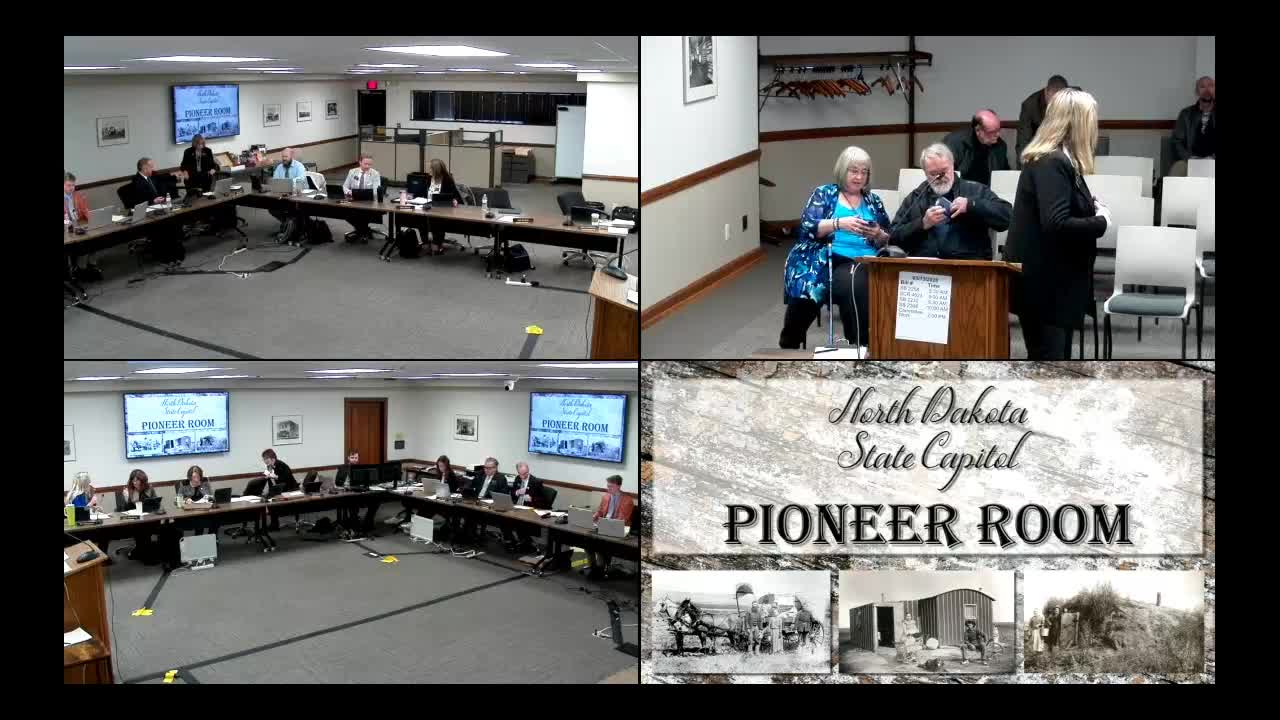
Secretary of State backs bill to mail neutral guides explaining statewide ballot measures
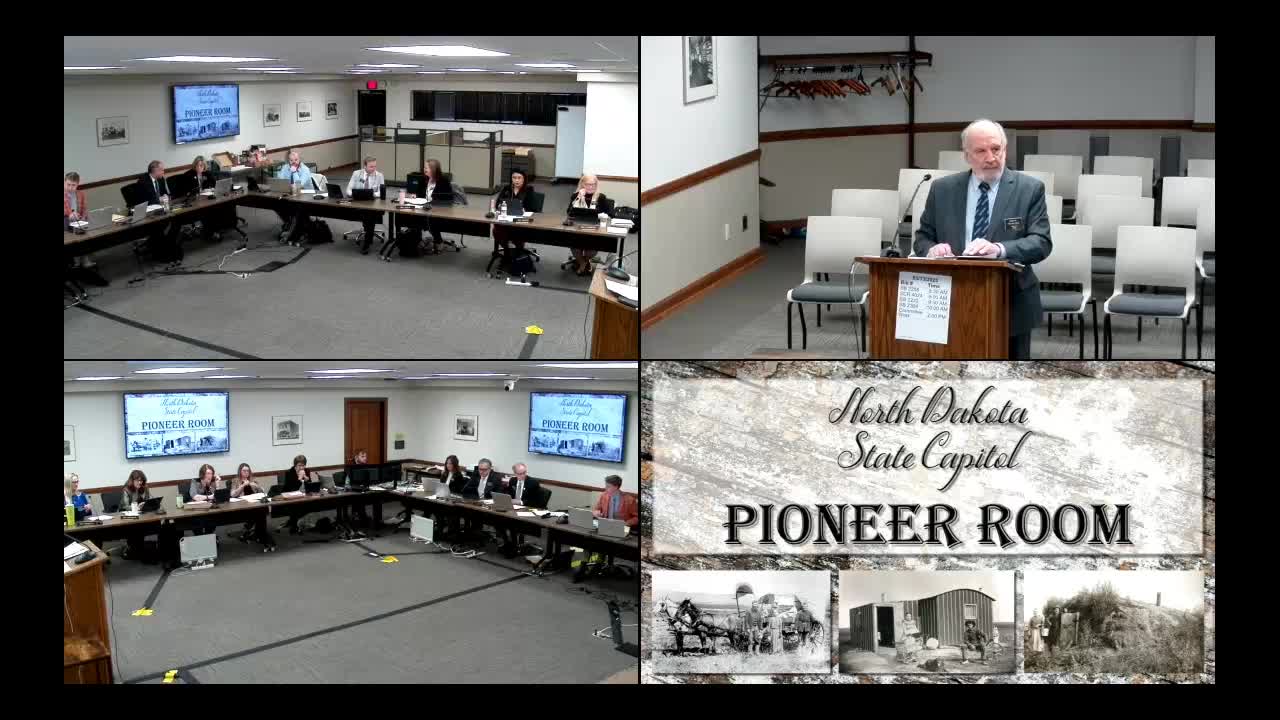
Lawmakers hear plan to study using Capital Building Fund for a legislative office building
